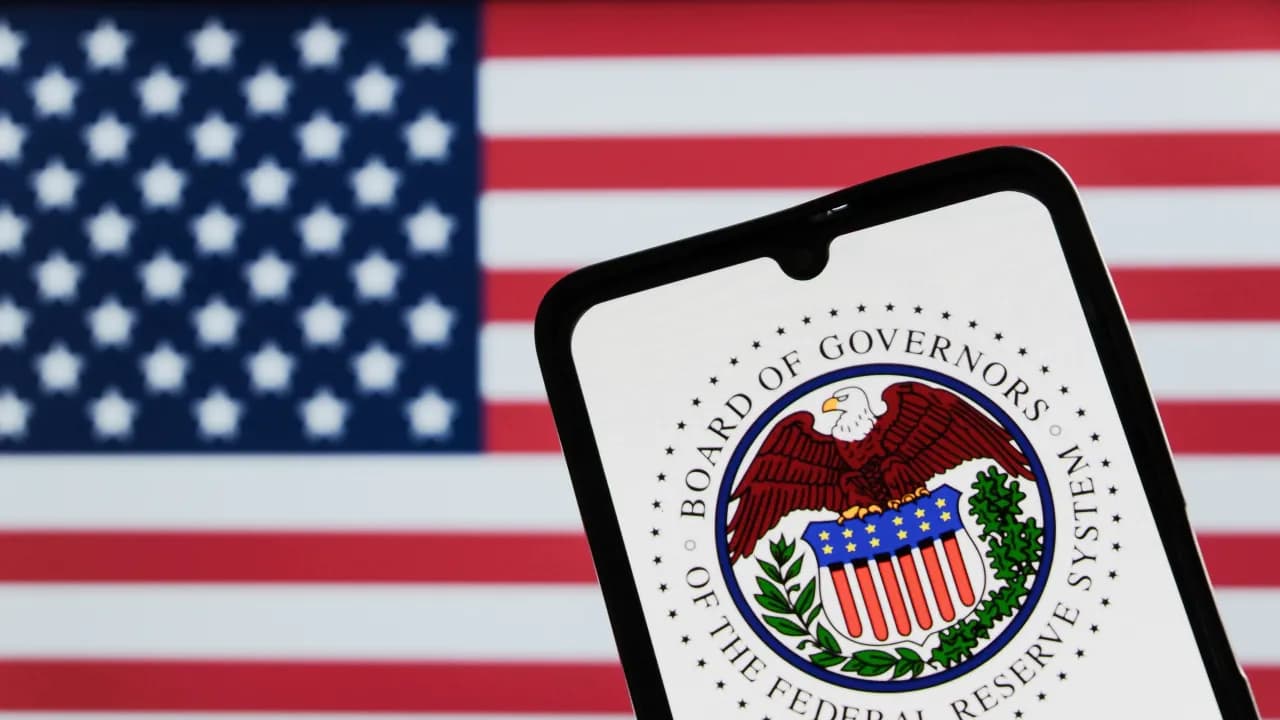While nine out of 12 FOMC members expressed concerns about the risks to the Fed’s dual mandate, two members, Christopher Waller and Michelle Bowman, were more worried about labor market weakness.
Federal Reserve officials remain worried about President Donald Trump’s tariffs driving up inflation, while stating that their outlook for the labor market has weakened, minutes from July’s Federal Open Market Committee (FOMC) meeting show.
While nine out of 12 FOMC members expressed concerns about the risks to the Fed’s dual mandate of employment growth and keeping inflation under 2%, two members, namely Christopher Waller and Michelle Bowman, were more concerned about the labor market weakness.
President Trump’s tariff policy remained one of the key areas of concern for the FOMC, with members noting “considerable uncertainty” about the timing, magnitude, and persistence of tariff-related effects on the U.S. economy.
“Regarding upside risks to inflation, participants pointed to the uncertain effects of tariffs and the possibility of inflation expectations becoming unanchored,” the minutes stated.
As for the Fed’s dual mandate, the FOMC deliberated on a scenario wherein the inflation remained persistently above its target while the labor market deteriorated. “Participants noted that the Committee might face difficult tradeoffs if elevated inflation proved to be more persistent while the outlook for the labor market weakened,” the minutes added.
As for the Fed’s approach to possible interest rate cuts going forward, the minutes explained that it would depend on “each variable’s distance from the Committee’s goal and the potentially different time horizons over which those respective gaps would be anticipated to close.”
Data from CME Group’s FedWatch tool points to an 82.9% probability of the Fed cutting interest rates by 25 basis points in September.
Earlier on Wednesday, David Zervos, one of the 11 Federal Reserve Chair candidates, backed President Trump and Treasury Secretary Scott Bessent’s calls for interest rate cuts.
“We really need to get rates back to a more neutral level,” Zervos said, while noting that the Fed’s current monetary policy is too restrictive.
Meanwhile, U.S. equities declined in Wednesday’s midday session. At the time of writing, the SPDR S&P 500 ETF (SPY), which tracks the S&P 500 index, was down 0.34%, while the Invesco QQQ Trust (QQQ) fell 0.71%. Retail sentiment around the S&P 500 ETF on Stocktwits was in the ‘bearish’ territory.
For updates and corrections, email newsroom[at]stocktwits[dot]com.<
